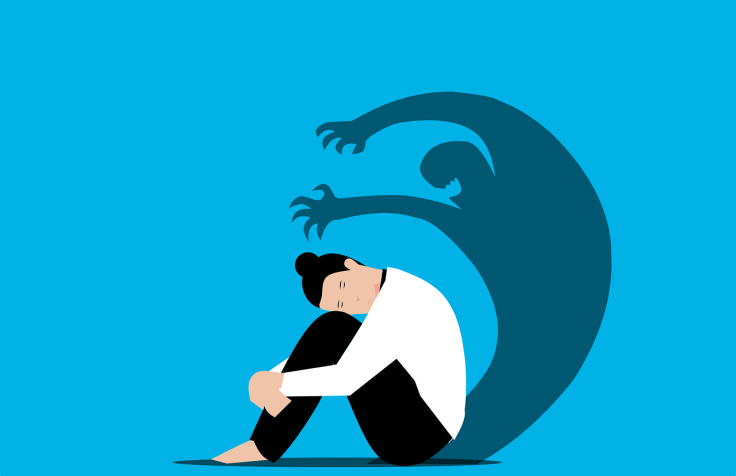
Too many times have I heard from friends and colleagues that there is just no way they can talk to their parents about mental health. The stigma, machismo, and fear that is experienced in the Latinx community are very real and extremely detrimental to the approach to mental health.
The Hispanic/Latinx community is incredibly diverse, comprising individuals from various nations and regions. Shared cultural factors, such as strong family bonds, religious affiliations, and a resilient approach to life, connect people within this community. And while this may be all true, there are still cultural identities and self-identifications that are very different from one person to the other.
Barriers to mental health care
How many times have I heard my family tell me "Just stop thinking about it" or "Others have it worse." While most of the time they say this is meant to be taken as encouragement, I have never felt encouraged. More than half of Hispanic young adults between the ages of 18-25 will not be able to receive proper mental healthcare (National Alliance on Mental Illness).
Between the obstacles laid down by family and friends, and those placed by the government, the Hispanic community has a long way to go to commence the path toward emotional healing.
But exactly what are we up against?
Implausible deniability
Denial of negative emotions runs rampant in communities of color in the United States. Whether it is because of pride or because they genuinely don't know how to deal with emotional stress, older generations tend to take the path of least resistance.
It is way too common to hear that therapy is only for crazy people, especially in communities of color. This is just the greatest and most hurtful lie you can receive. Ignoring the monsters in the closet will not make them go away, it will just give them a bigger chance to become stronger. This has made generational mental health problems into just "Things you go through" when in fact it is an important part of your overall health.
Cultural incompetency
Misunderstandings and misdiagnoses can occur when mental health providers lack cultural competence and fail to consider how cultural nuances may influence symptom presentation and interpretation. This is most commonly not the fault of healthcare providers, but rather the result of a society that has accepted white culture as the norm.
Understanding cultural differences to provide accurate care is key to solving the mental health crisis that is being experienced in our current age.
Stigma
The stigma surrounding mental health is prevalent within the Hispanic community, contributing to limited knowledge about mental health conditions and treatment options. Talking openly about mental health challenges is often viewed as taboo, leading to a lack of understanding and support. Language barriers, cultural beliefs, and fears of bringing shame to their families also deter individuals from seeking treatment.
Poverty and limited health insurance
"17.0% of Hispanic/Latinx people in the U.S. live in poverty (compared to 8.2% of non-Hispanic whites)" according to the National Alliance on Mental Illness. It is no secret that healthcare has become a business rather than a right in the United States. Insurance agencies deny claims left and right, obscene rates for simple procedures, and bad quality for the populace's medical needs in general.
No one is safe from this broken system and if you are part of a community with limited resources you will be the first to notice this.
So what to do?
The most important thing you can do is consult a professional that will help you through every step of the way.
But we live in the real world, and this is not always an option. Some tips I am able to pass on to you are:
- Journaling: Your thoughts need to be expressed. Writing down your thoughts makes them real. Even if you write your problems down and immediately erase them, the process of writing is what leads to further retrospection.
- Meditation: Most people believe that meditating means clearing out your head in order to find peace when it is quite the opposite. Giving yourself a quiet space to let your mind run as much as it wants is necessary to get to the roots of your problems. Listening without judgment is what meditation is all about.
- Talk to a friend: If you have a person in your life whom you trust, don't hesitate and reach out to them. Even if they are not going to give the professional advice a therapist might, hearing yourself talk, and most importantly feeling heard can really help in a time of crisis.
Remember the mind is a part of the body and sometimes the body needs help from others in order to heal.
Going to a professional will always be the best thing you can do.
For more information visit the National Alliance on Mental Illness at:
https://www.nami.org
© 2025 Latin Times. All rights reserved. Do not reproduce without permission.





